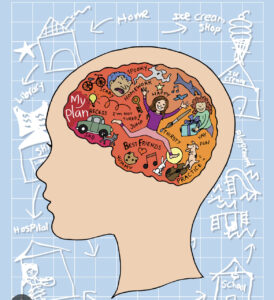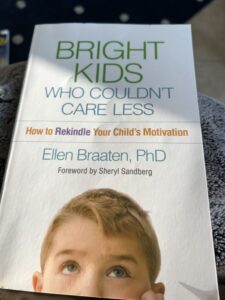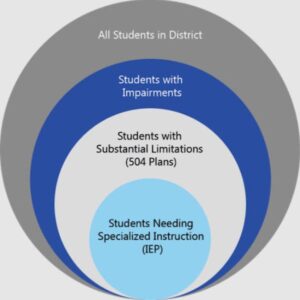“They Need Structure…I Need Leverage”
 Following up on last week’s Selznick Poll discussion on what percentage of boys show signs of “executive function” deficits (click here: See “A Hypothetical Poll”) ,let’s emphasize some points:
Following up on last week’s Selznick Poll discussion on what percentage of boys show signs of “executive function” deficits (click here: See “A Hypothetical Poll”) ,let’s emphasize some points:
• Using a bell-shape curve perspective, if about 85% of the boys in the 10- to-15-year-old range show issues with organizing, taking initiative, paying attention, following through, and sustaining mental effort (the usual issues with executive functioning), then this puts them in an average for their age.
• Even though they’re in the norm and what would expected, that still leaves you exhausted and depleted with their embodiment of these qualities.
• Of this 85%, probably about 99.9% of them are addicted (i.e., to their various screens and gaming systems).
In response, you as parent are constantly bringing out the “Didja’s,” as in “Didja pack your bag,” “Didja do your homework,” “Didja you put your stuff away.”
It’s no wonder that you want to retreat to bed by 7:00!!!
What do these 85 percenters need?
While “executive function coaching” has its value, this group is still pretty immature to take advantage of it.
Keeping things simple, here are the two essentials that are needed for them and for you:
1. They need structure.
2. You need leverage.
Trust me, you can do a lot worse than tuning out all the noise out there and just reflecting on these two variables.
In fact, that can be the mantra you may want to repeat to yourself – “They need structure; I need leverage. They need structure; I need leverage. They need structure; I need leverage.”
(More next blog.)
Feel free to make comment below. To receive future blog posts, register your email: https://shutdownlearner.com.
To Contact Dr. Richard Selznick for advice, consultation or other information, email – rselznick615@gmail.com.
 Copyright, Richard Selznick, Ph.D. 2023, www.shutdownlearner.com.
Copyright, Richard Selznick, Ph.D. 2023, www.shutdownlearner.com.

 Let’s take a random group of 100 boys, roughly between ages 10 – 14.
Let’s take a random group of 100 boys, roughly between ages 10 – 14. In last week’s post we noted that there were many factors that can lead to erroneously hypothesizing that a child has ADHD/ADD.
In last week’s post we noted that there were many factors that can lead to erroneously hypothesizing that a child has ADHD/ADD.  Practically every week I hear an array of concerns regarding distractibility and inattentiveness.
Practically every week I hear an array of concerns regarding distractibility and inattentiveness. Over the last couple of decades ADHD (commonly referred to as “ADD”) is frequently diagnosed with struggling children. Within the doctor’s office, the child’s history is reviewed along with the parent filling out a rating scale (typically the Vanderbilt Scale, which is not norm-referenced).
Over the last couple of decades ADHD (commonly referred to as “ADD”) is frequently diagnosed with struggling children. Within the doctor’s office, the child’s history is reviewed along with the parent filling out a rating scale (typically the Vanderbilt Scale, which is not norm-referenced).
 In last week’s post we talked about some of the basics involved with 504 Plans (
In last week’s post we talked about some of the basics involved with 504 Plans ( Parents will come to me loaded with terms only partially understood, like referring to “504 Plans.”.
Parents will come to me loaded with terms only partially understood, like referring to “504 Plans.”. OK… Among other disorders that I seem to have, readers of this blog know I have confessed to my “PBD” or “Pushback Disorder.”
OK… Among other disorders that I seem to have, readers of this blog know I have confessed to my “PBD” or “Pushback Disorder.”